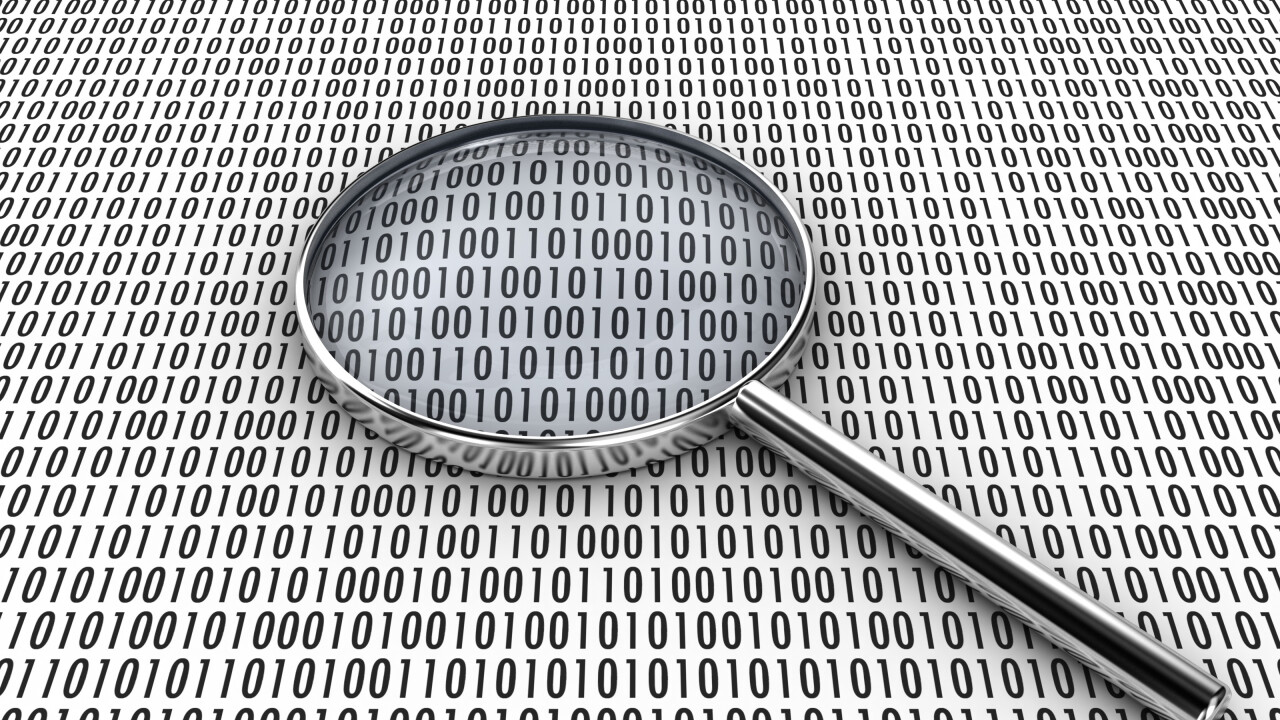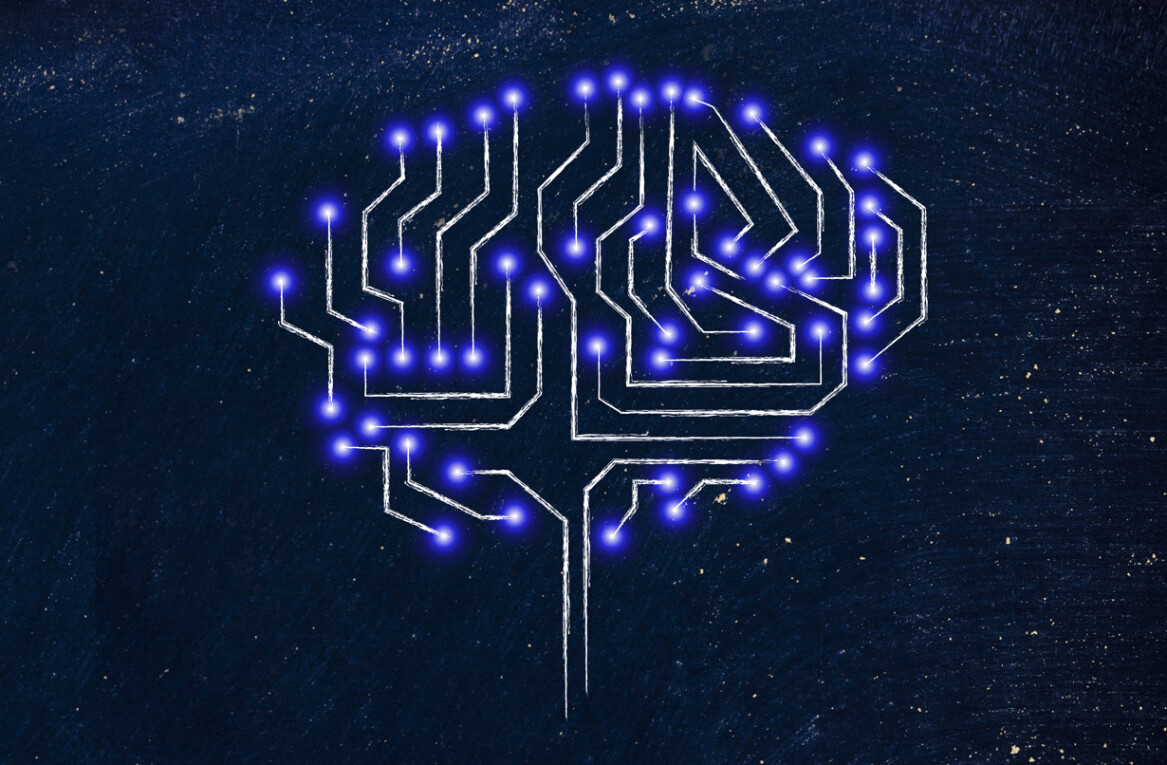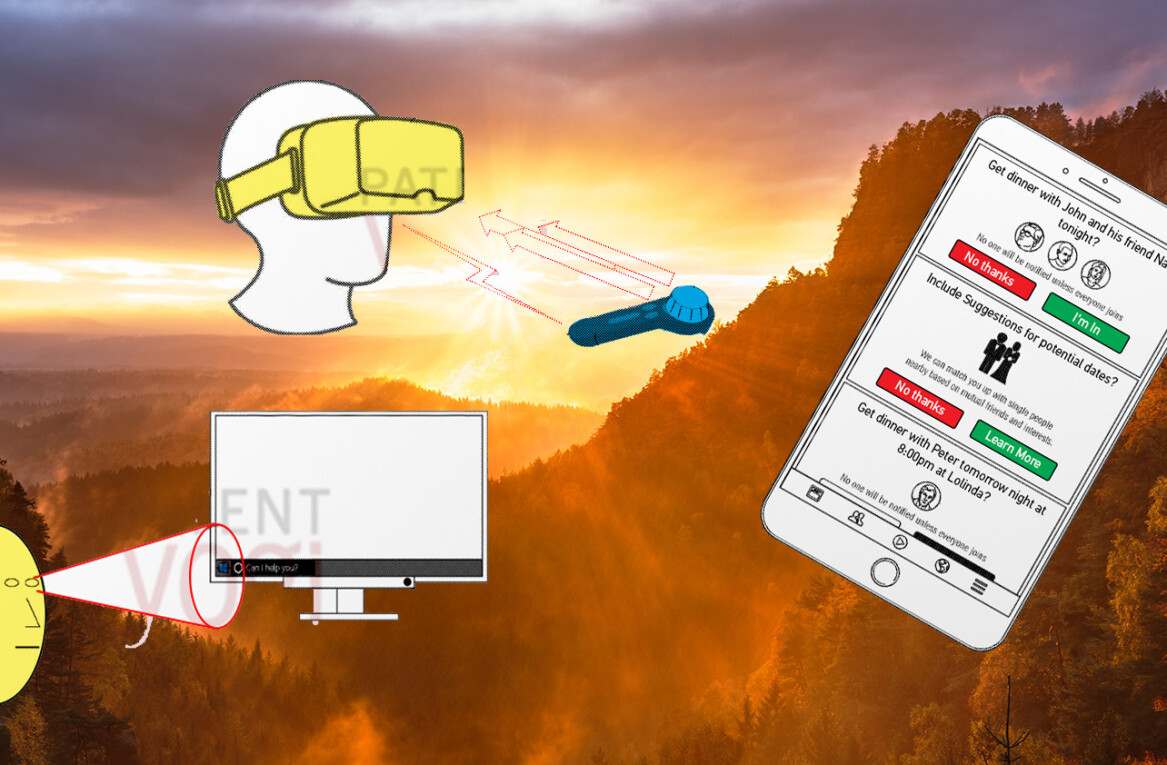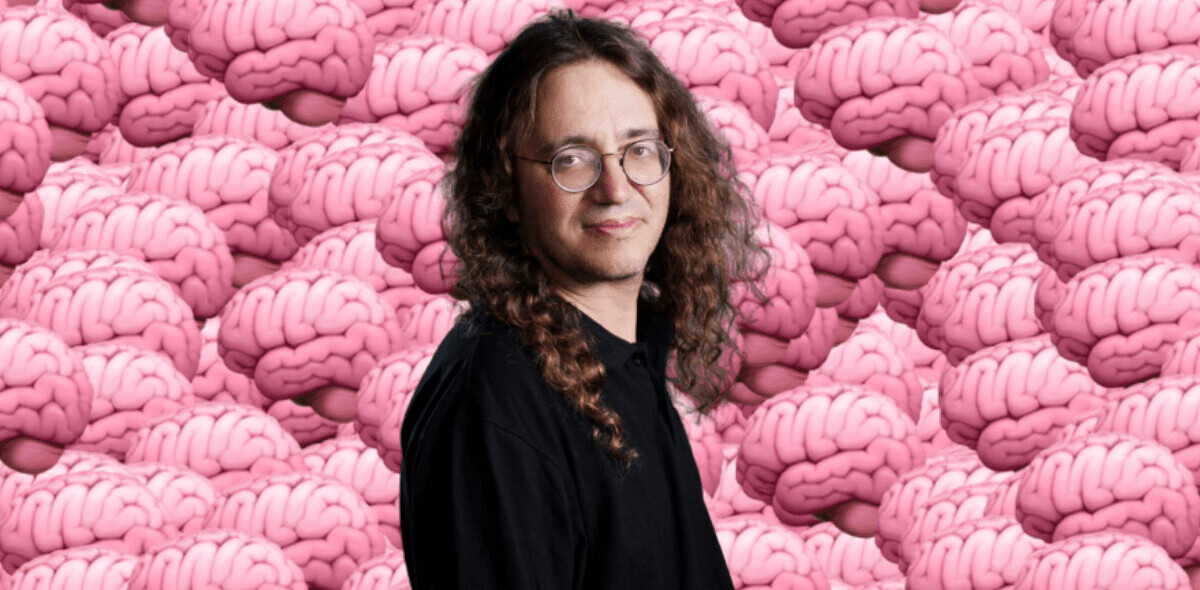
Every minute of every day, billions of users are dutifully generating terabytes of data on the internet, from tweets to Facebook posts and Google searches, emails and chat messages, content, music, videos and much more. This data is either directly worth money or can be used to fuel business processes.
However, you have little or no ownership over the digital information that you create or the value that derives from it. All of it goes into the gaping maws of tech giants and corporations that use it to monetize their services.
The reason for this is the centralized architecture that has dominated internet services for the past decades. Under this model, you have to entrust our digital information to brokers such as Facebook and Google. These companies store our data, guarantee its security and integrity, and leverage it to improve their services. But they also use it for other business purposes, often without your consent and giving you little choice. If the broker decides to close down your account, or if their servers fail, all your data goes with it.
Blockchain technology provides an alternative that gives the ownership of data back to users. Blockchain is a decentralized database where data is replicated across several unrelated nodes. No single node can act as a gatekeeper and assume control of your data. Transactions in the ledger are stored in a permanent and verifiable way. Users who store information on the blockchain retain access to it through encryption keys, independent of the service or application that generated it.
Many companies are leveraging the blockchain to provide new business models and platforms where users are in full control and can decide which applications and services can access their data.
Decentralized social media

Social media platforms brought enormous value to users, and created communication and community-building opportunities that were previously inconceivable. But over the years, we’ve been paying for the use of social media with our privacy and personal data. The content we share, view, like and react to, the connections we establish, and every minute we spend on these platform generate information that reveals much about us. Service providers collect and mine that data to serve targeted ads, their main source of revenue.
Users should own their data and be rewarded for sharing it, if they choose to do so. Meanwhile, social media companies should receive fair compensation for the service they provide. A handful of blockchain projects are aiming to create social networks that adhere to this paradigm.
One of these projects is Indorse, a decentralized professional network built on the Ethereum blockchain. Indorse stores everything on the blockchain and gives full ownership of data to users. It has also created a mechanism to ensure fair use of the platform and to incentivize interactions.
When they set up their profiles, members receive a limited number of Indorse Scores (SCR), which they use to specify their skills. If enough users endorse their skills, members will receive Indorse Tokens (IND) and more SCRs to further add skills to their profile. Honest voters will also be rewarded INDs for their contribution. The mechanism ensures fair crowd moderation without the need for a central authority.
Advertisers can buy advertising space with IND tokens, which they can acquire through their activities on the platform or by purchasing them on crypto exchanges. Advertisements will be displayed on profiles of users who opt to share their data, in which case they will receive part of the INDs as compensation.
Indorse is supporting its project through an initial coin offering (ICO), an increasingly popular way of raising funds through blockchain and building engaged communities. The ICO, which will last until September 7th, has so far gathered 50% of their funding goal.
Decentralized web

Another project that put ownership of data back into the hands of users is Blockstack. In fact, Blockstack has a much bigger goal: creating a decentralized web using the blockchain. The first version of the application is an add-on that installs on most mainstream browser apps.
Developers can create apps on top of the Blockstack platform. Contrary to traditional online platforms, which own all of the user’s information, Blockstack stores it on a backend storage owned by the user, such as a Dropbox or Google Drive. However, it encrypts the data to further ensure that storage providers don’t have visibility into its contents. The cryptographic hashes are stored on the blockchain to ensure integrity.
This kind of decoupling ensures user privacy and prevents service providers from hoarding and mining user data. Blockstack applications run locally on the browser, which means they send no data to application servers.
Another benefit of the Blockstack platform is shared identity. By giving users full ownership of their profile data, Blockstack creates a standard that all applications can follow. Users don’t have to recreate their profiles and can share it between applications.
Beyond user privacy and information, Blockstack has gone through the effort to recreate domain name resolution on the blockchain to replace centralized DNS service. This can prove to be a positive step toward fighting censorship and cybersecurity threats that exploit centralized architectures.
Blockstack recently announced a $25 million fund to build its platform.
Ownership of digital assets

Digital assets often have direct monetary value. However, maintaining their integrity and ownership poses many challenges, including fraud, duplication, tampering and more. Since blockchain was first used for storing and exchanging cryptocurrencies, it can perfectly accommodate to other digital assets.
An example is the gaming industry. Players often spend money to purchase in-game assets. In some cases players have thousands of dollars’ worth of content in games. However, their control of that data is bound to the centralized servers that run those games. Blockchain can enable gamers to have true ownership of their in-game content.
A number of companies are exploring the concept, including Spells of Genesis, a digital trading card game that launched recently. SoG leverages the power of blockchain to implement a full digital trading card economy, which was impossible in traditional architectures. Thanks to blockchain’s double-spending prevention mechanism, digital cards can be issued in limited numbers and rise in value over time, just like their physical counterparts. Card holders maintain ownership of their assets on the blockchain and can freely trade them without the need for a centralized broker. Those cards will retain their existence and value regardless of the gaming platform they’re tied to.
Another area where blockchain’s power can help is music, where piracy and illegal use of content is damaging the industry, especially the people who are creating the content. One of the conceptual but promising projects is dot blockchain music, a platform that will enable artists to publish and monetize their music on the blockchain. Use of the content will be tied to earning permission from the creator.
Digital information is becoming increasingly valuable. The technologies that support its creation, storage and distribution should reflect that value and safeguard the rights and interests of its true owners.
Get the TNW newsletter
Get the most important tech news in your inbox each week.




